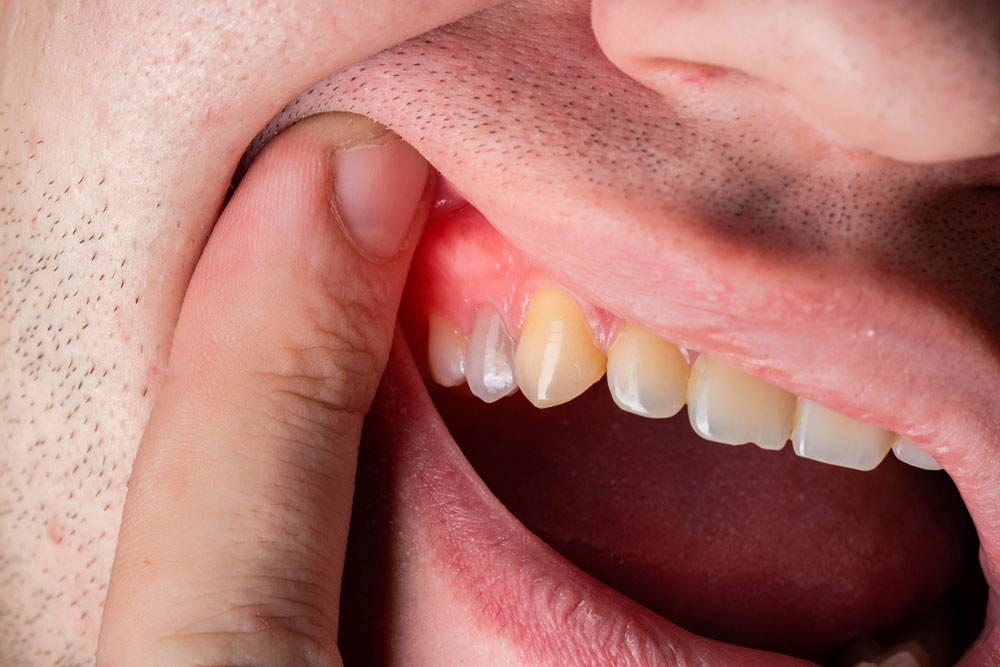An abscess can be painful and frustrating. Whether it’s a stubborn tooth abscess or a stubborn skin abscess, determining the best technique to treat it might be difficult. Let’s look at some real-world recommendations for managing an abscess, combining practical steps with insights you can get from your doctor at the clinic.
Table of Contents
Understanding an Abscess
An abscess is the body’s natural method for isolating an infection. Abscesses can occur in the base of a tooth or in the surrounding gum tissue, causing severe discomfort. While abscesses may appear to be a small problem, if left untreated, they can cause serious problems, including the spread of infection to other locations.
Recognizing the Signs and Symptoms
Common signs of an abscess include:
- Localized Pain: The affected area is usually very tender and painful, especially when pressure is applied.
- Swelling and Redness: The skin or gum around the abscess is often swollen, red, and warm to the touch.
- Pus Formation: A visible accumulation of pus may be present, sometimes accompanied by a foul odor.
- Fever and Malaise: In more severe cases, the infection may lead to fever and general feelings of illness.
At-Home Remedies for Abscess Relief
While home remedies cannot replace professional medical treatment, they may help alleviate some symptoms before you can seek care:
- Warm Compress: Applying a warm, moist cloth to the affected area several times a day can help reduce pain and encourage drainage.
- Over-the-Counter Pain Relievers: Medications like ibuprofen or acetaminophen can help manage pain and reduce inflammation.
- Saltwater Rinse (Dental Abscess): Rinsing your mouth with warm saltwater several times a day can help reduce swelling and cleanse the area.
When to Seek Professional Help
It’s important to consult a healthcare provider if:
- Pain Persists or Worsens: Ongoing, severe pain is a sign that the infection is not resolving.
- Fever Develops: A fever may indicate that the infection is spreading.
- Difficulty Swallowing or Breathing: These symptoms require immediate medical attention.
- No Improvement with Home Care: If symptoms persist despite at-home treatment, professional evaluation is necessary.
Treatment Options for Abscesses
Professional treatment is essential to fully resolve an abscess and prevent further complications. Common treatment options include:
- Antibiotics: Your healthcare provider may prescribe antibiotics to combat the bacterial infection.
- Incision and Drainage: For larger or more severe abscesses, a minor surgical procedure to drain the pus may be necessary.
- Dental Procedures: In cases of a dental abscess, procedures such as a root canal or tooth extraction may be required to remove the source of the infection.
Final Thoughts
An abscess can be treated at home or by a professional. Early intervention is critical for preventing infection spread and minimizing the risk of complications. If you suspect you have an abscess, particularly one related to dental problems, see a doctor as soon as possible to get a proper diagnosis and treatment plan.
You can ensure a smoother recovery and return to feeling your best by recognizing the symptoms early on and taking appropriate action. If you have any concerns or questions about abscess treatment, please contact CK Health Turkey’s professionals for assistance.




